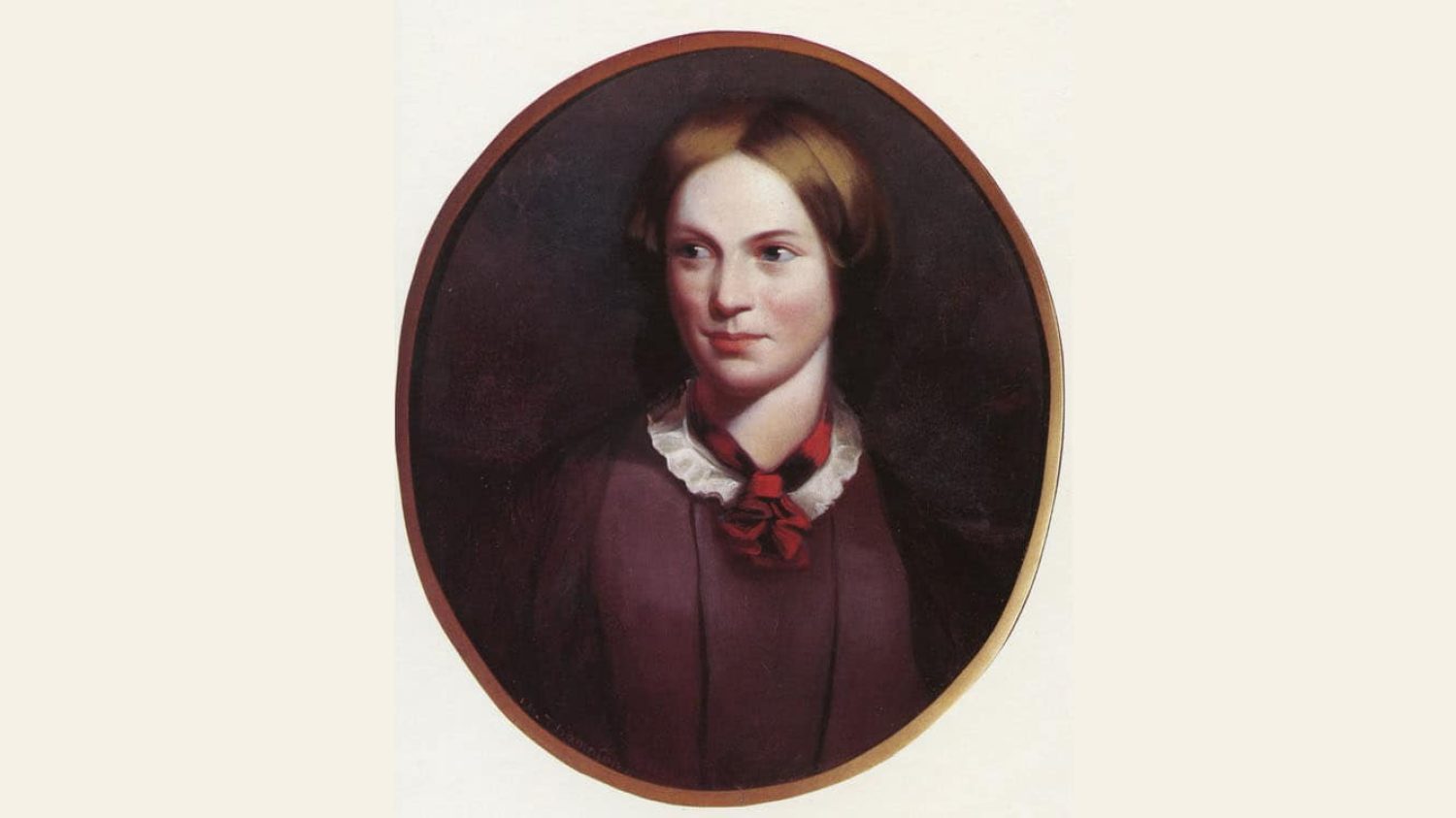Unbeknownst to Charlotte Brontë, just 11 days prior to his marriage proposal to her, Henry Nussey had also proposed to the sister of a priest he had previously served as curate under in Yorkshire. Margaret Ann Lutwidge also rejected him, and she would later become aunt to a famous literary nephew – Charles Lutwidge Dodgson, better known as Lewis Carroll. [1]
On the first day of March 1839, eight years before Jane Eyre was published, Charlotte Brontë received a marriage proposal letter from Henry Nussey, a Sussex curate.
Brontë ultimately decided against accepting Nussey’s proposal, citing her own lack of romantic feelings for him. In her reply, also in a letter written on 5 March 1839, she eloquently lets him down:
“You are aware that I have many reasons to feel gratified to your family, that I have peculiar reasons for affection towards one at least of your sisters, and also that I highly esteem yourself. Do not therefore accuse me of wrong motives when I say that my answer to your proposal must be a decided negative. In forming this decision — I trust I have listened to the dictates of conscience more than to those [of] inclination; I have no personal repugnance to the idea of a union with you — but I feel convinced that mine is not the sort of disposition calculated to form the happiness of a man like you.” It can be read here.
In a letter to her friend Ellen Nussey, Brontë told her, “My feelings are unchanged – I do not love him – and to marry him without love, I should consider would be acting unjustly to him and committing sin against my own soul.”
Henry Nussey was born in 1812 in Derbyshire, England, and was the fourth child of Thomas Nussey, a wealthy businessman. He was described as being a kind and intelligent man with a keen interest in literature and poetry, which is likely what drew him to Charlotte. The two met in the mid-1830s when Charlotte visited her friend Ellen, Henry’s sister, and they corresponded for a time.
Brontë’s refusal of Nussey’s proposal reflected her independent spirit and desire to follow her own heart, rather than conforming to the expectations of her time.
Brontë remained unmarried until a year before her death, when she married Arthur Bell Nichols, her father’s curate, who had been in love with her for years, though it seems clear that, while she admired him, she did not love him. She became pregnant shortly after her marriage in June 1854 but died on 31 March 1855, probably from hyperemesis gravidarum, a complication of pregnancy.
British Library: Charlotte Brontë
What Became Of The Real St. John Rivers? (Henry Nussey’s fictional counterpart)
Project Gutenberg: books by Charlotte Brontë
Susannah Fullerton: The Brontë Sisters, lots of links
Susannah Fullerton: Jane Eyre
Susannah Fullerton: Maria Branwell marries Patrick Brontë
Susannah Fullerton: Charlotte Brontë is born
Susannah Fullerton: Happy Birthday, Charlotte
Susannah Fullerton: Charlotte Brontë dies
